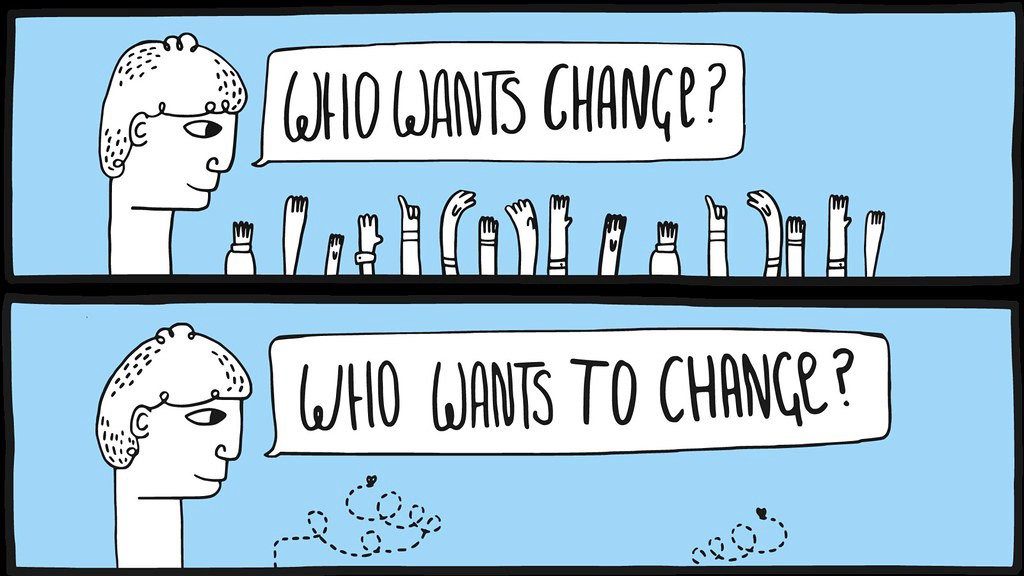Why is Marketing Operations limited to MarTech management?
I’ve been surprised recently by a few Marketing Operations managers stating that they only focus on rolling out and supporting MarTech platforms, and managing data flows and processes, but that they do not take on the responsibility of defining new Marketing processes or change management programs. Why is that? Surely the term “Operations” in Marketing Operations is not purely about the tech stack, right?

Do a quick search on “Marketing Operations” and you will find it defined as the function that coordinates People, Process, and Technology, to enable efficient and effective marketing. While they are clearly expected to support and maintain the MarTech stack and the data flows and processes, Marketing Operations teams are also responsible for developing and managing the processes and policies to ensure smooth operation of strategic planning, financial management, marketing performance measurement, marketing infrastructure, marketing and sales alignment, and overall marketing excellence. In addition, Marketing Operations teams are also responsible for managing Learning and Development programs to their Marketing colleagues, educating them not only on how to use the tools, but also on the policies and processes that have been put in place to optimise performance.
In a nutshell, Marketing Operations is about providing structure to the Marketing organisation to deliver programs efficiently, effectively, and within policy. Such an alignment requires changes in behaviour; but when the Marketing Operations team limits its deliverables to rolling out and maintaining the MarTech stack, and they shy away from improving the ways of working and managing change, they end up missing out on the opportunity to optimise the use of the MarTech stack. Which is one of the reasons CMOs are often disappointed with their decision to adopt one platform over another. However their disappointment is misplaced: while they blame the platform itself, the lack of optimisation is often because the team missed out on the opportunity to go through the tough exercise of examining their processes, identifying areas of improvement and putting in place a plan to change the ways of working.
So if Marketing Operations teams as we currently know them do not want to take on the tough responsibility of driving change, who in Marketing should take that on? And if indeed the responsibility for process definition and change management is delegated to someone else, should the Marketing Operations team still be called that?
In my view, the Marketing Operations function should remain, but it has to be revamped to deliver a more comprehensive remit, and provide alignment across the 3 pillars of people, process and technology. In addition to its current responsibilities, this new function will drive a variety of operational services, including redefining marketing processes, putting policies in place to help compliance with both internal policies (e.g. budgeting, branding, etc…) and regulatory policies (e.g. GDPR), improving the team’s skills, and driving change.
And of course, within this revamped Marketing Operations organisation, the old team would still sit, focusing on the MarTech stack and the data infrastructure. However new people will be brought in to deliver on the wider remit, and one core skill they will need is to be not only tech enablers but also Change Agents.
What’s your view on this? What model exists in your organisation and what best practices would you recommend?
October 14, 2019 by Adele Ghantous

